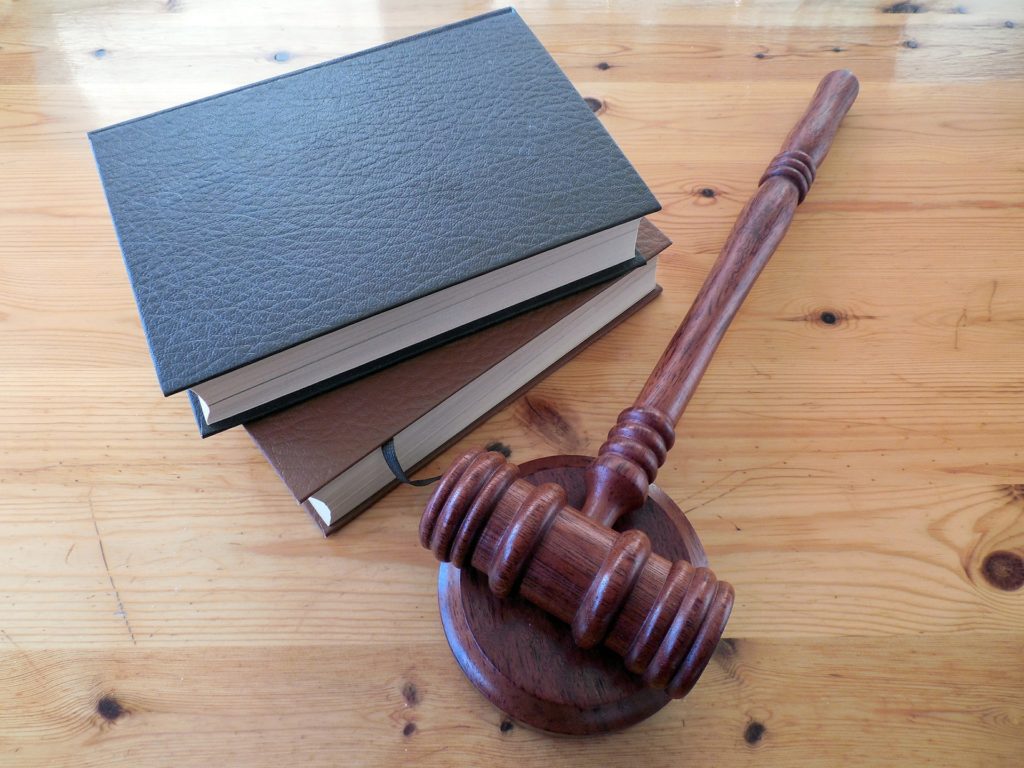Florida Adopts Daubert as Standard for Admission of Expert Testimony
Reading Time: 4 minutes
In 1923, the United States introduced the Frye standard to determine the admissibility of scientific evidence in a court of law. In Frye v. United States, the Circuit Court of Appeals for the District of Columbia ruled that for the results of a scientific test to be admissible, the test “must be sufficiently established to have gained general acceptance in the particular field in which it belongs[1]. Frye was the standard for several decades for the admissibility of expert testimony in both federal and state evidentiary law.
Frye eventually came into question due to expansiveness of expert testimony in complex litigation, and revelations in new mediums of science and technology. Many felt the Frye standard allowed “junk science” into courtrooms, confusing juries – and it undermined the purpose and impact of expert testimony. The United States Supreme Court in 1993 eventually overturned Frye with the Daubert standard. In Daubert v. Merrell Dow Pharmaceuticals, Inc.[2], the Court ruled that Rule 702 of the Federal Rules of Evidence did not incorporate the Frye general acceptance test as a basis for assessing scientific testimony. The Court determined that the trial judge is empowered with making the decision of whether scientific expert testimony is admissible at the outset of a trial. The judge must act as a gatekeeper in admitting or striking expert testimony and the Supreme Court laid out several factors in what the Judge should consider in weighing the expert’s testimony:
a) Whether the theory or technique employed by the expert is generally accepted in the scientific community;
b)Whether it has been subjected to peer review and publication;
c)Whether it can be and has been tested;
d)Whether the known or potential rate of error is acceptable; and
e)Whether the researched was conducted independent of the particular litigation or dependent on an intention to provide the proposed testimony.
This was expanded by the Supreme Court in Kumho Tire Co. v. Carmichael, 526 U.S. 137 (1999) to require the trial judge to act as a gatekeeper not only for scientific expert testimony, but for all expert testimony.
The Federal Rules of Evidence were amended in 2000 and more specifically Rule 702 was amended to incorporate the Daubert standard. Most States followed suit and accepted Daubert as the standard for admissibility of expert testimony. However, a small minority of states did not adopt the more restrictive Daubert standard and stuck with Frye.[3]
Florida was one of the states in the minority. The Florida Bar’s Code and Rules of Evidence Committee wrestled with maintaining the Frye standard for expert testimony or adopting the Daubert standard.[4] However, on May 23, 2019, the Florida Supreme Court decided to make a change. The Court, in making the switch, did not believe that precedent reflected a ‘grave constitutional concern’ as the Frye proponents on the Committee alleged. In fact, the Court opined that it would not have much effect on the admissibility of expert opinion in Florida state courts.[5]
As Justice Polston has explained, the “grave constitutional concerns” raised by those who oppose the amendments to the Code appear unfounded . . . As a note to the federal rule of evidence explains, “[a] review of the caselaw after Daubert shows that the rejection of expert testimony is the exception rather than the rule.” Fed. R. Evid. 702 advisory committee’s note to 2000 amendment. “Daubert did not work a ‘seachange over federal evidence law,’ and ‘the trial court’s role as gatekeeper is not intended to serve as a replacement for the adversary system.’ ”
Id. (quoting United States v. 14.38 Acres of Land, 80 F.3d 1074, 1078 (5th Cir. 1996)).[6]
Although this is a change in Florida procedural law, it most likely will not have much of an effect on the admissibility of expert witnesses in state court cases. Although the framework and scope of an expert’s testimony in state court might be minimally affected, trial judges will most likely be wary on fully striking an expert’s testimony, and not giving a jury the opportunity to assess the expert’s credibility. The main change will most likely be at the pre-trial phase of a case. Courts will now have to conduct pre-trial Daubert hearings, which will just be another step towards the resolution of a case.
[1] 293 F. 1013 (D.C. Cir. 1923).
[2] 509 U.S. 579 (1993).
[3] At the date Florida adopted Daubert, 36 states had previously adopted Daubert, leaving a small minority of Frye states.
[4] In re Amendments to Florida Evidence Code, 210 So.3d 1231, 1239 (Fla. 2017) (Declining to adopt the Daubert standard at the recommendation of the Committee by a 16-14 vote due to “constitutional concerns.”).
[6] In re Amendments to Fla. Evidence Code, No. SC19-107, 2019 WL 2219714, at *2 (Fla. May 23, 2019)


